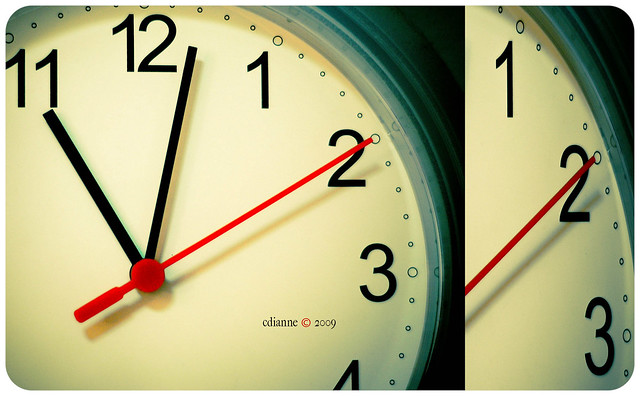
On March 30, 2018, The Ohio State University (OSU) released a 75-page report concluding that Ching-Shih Chen, a cancer researcher, had deviated “from the accepted practices of image handling and figure generation and intentionally falsifying data.” The report recommended the retraction of eight papers.
By the end of August of 2018, Chen had had four papers retracted — one in Cancer Research, two in the Journal of Medicinal Chemistry, and one in PLoS ONE.
But it wasn’t until more than a year after the report was released that the other four papers — two from Carcinogenesis, one from Clinical Cancer Research, and one from Molecular Cellular Therapeutics — were retracted, all between April 1 and May 1 of this year.
What took so long? Your guess is as good as ours; none of the editors of those journals responded to our requests for comment.
What we do know: In the intervening time, “Targeting the Warburg effect with a novel glucose transporter inhibitor to overcome gemcitabine resistance in pancreatic cancer cells” was cited six times, according to Clarivate Analytics “Sensitizing Estrogen Receptor–negative Breast Cancer Cells to Tamoxifen with OSU-03012, a Novel Celecoxib-derived Phosphoinositide-dependent Protein Kinase-1/Akt Signaling Inhibitor” was cited three times (including by a paper designated as a “highly cited paper”), “Insulin-like growth factor-I receptor is suppressed through transcriptional repression and mRNA destabilization by a novel energy restriction-mimetic agent” was cited twice, and “Antitumor Effects of a Novel Phenylbutyrate-Based Histone Deacetylase Inhibitor, (S)-HDAC-42, in Prostate Cancer” was cited seven times.
Meanwhile, OSU recommended that “Efficacy of a novel histone deacetylase inhibitor in murine models of hepatocellular carcinoma,” in Hepatology, be corrected. That paper has been cited three times since the report’s release, and has yet to earn any notation at all.
Correcting the record is, of course, something to be done with care. And Chen’s retractions did not take as long as did those of Anil Jaiswal. The publisher of two of the journals involved in the Chen case has apologized in the past for such delays.
Still, we have to wonder why papers recommended for retraction by an official university investigation don’t at least earn an expression of concern, which seems well-suited for such a purpose while journals gather whatever information they feel they need to make a judgment. Then at least it would be the fault of researchers for citing questionable work — not the journals.
Like Retraction Watch? You can make a tax-deductible contribution to support our growth, follow us on Twitter, like us on Facebook, add us to your RSS reader, sign up for an email every time there’s a new post (look for the “follow” button at the lower right part of your screen), or subscribe to our daily digest. If you find a retraction that’s not in our database, you can let us know here. For comments or feedback, email us at [email protected].
Physicians rely on the truth of the Journals. As both patient and physician , I am appalled that this retraction issue is not better known. Other physicians quote Journals often in treatment decisions. I am distressed at the overall state of healthcare .